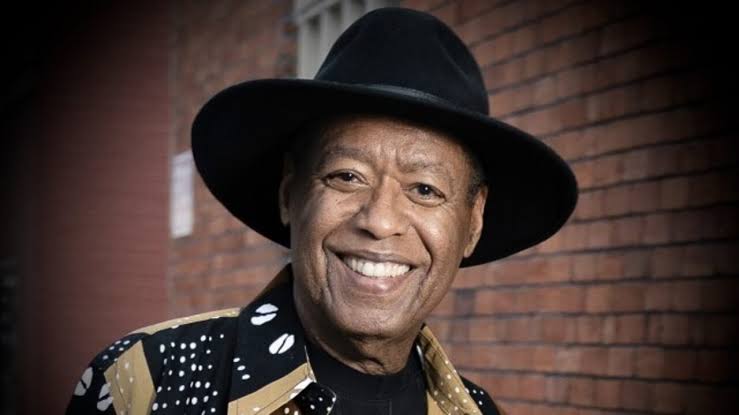Kofi Annan, one of the world’s most celebrated diplomats and a charismatic symbol of the United Nations who rose through its ranks to become the first black African secretary-general, has died. He was 80.
His foundation announced his death in Switzerland on Saturday in a tweet, saying he died after a short unspecified illness.
“Wherever there was suffering or need, he reached out and touched many people with his deep compassion and empathy,” the foundation said in a statement.
Annan spent virtually his entire career as an administrator in the United Nations. His aristocratic style, cool-tempered elegance and political savvy helped guide his ascent to become its seventh secretary-general, and the first hired from within. He served two terms from Jan. 1, 1997, to Dec. 31, 2006, capped nearly mid-way when he and the U.N. were jointly awarded the Nobel Peace Prize in 2001.
During his tenure, Annan presided over some of the worst failures and scandals at the world body, one of its most turbulent periods since its founding in 1945. Challenges from the outset forced him to spend much of his time struggling to restore its tarnished reputation.
His enduring moral prestige remained largely undented, however, both through charisma and by virtue of having negotiated with most of the powers in the world.
When he departed from the United Nations, he left behind a global organization far more aggressively engaged in peacekeeping and fighting poverty, setting the framework for the U.N.’s 21st-century response to mass atrocities and its emphasis on human rights and development.
“Kofi Annan was a guiding force for good,” current U.N. Secretary-General Antonio Guterres said. “It is with profound sadness that I learned of his passing. In many ways, Kofi Annan was the United Nations. He rose through the ranks to lead the organization into the new millennium with matchless dignity and determination.”
The UN Migration Agency called him “a great man, a leader, and a visionary.”





































Leave a comment